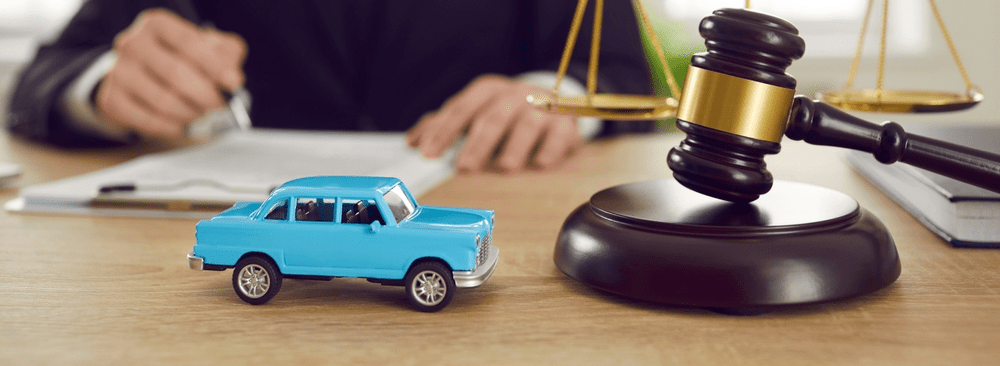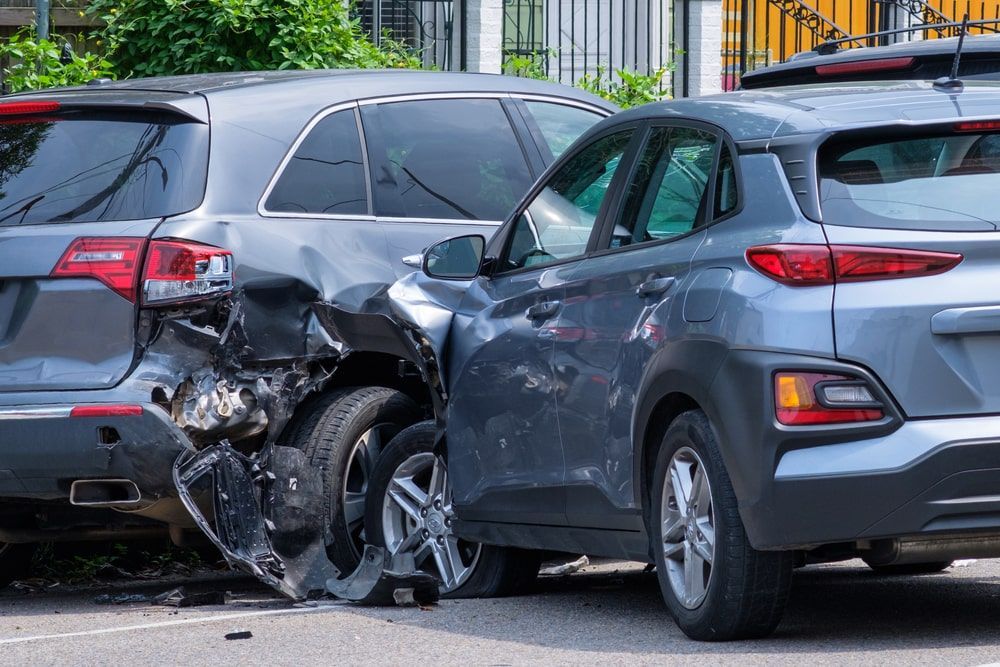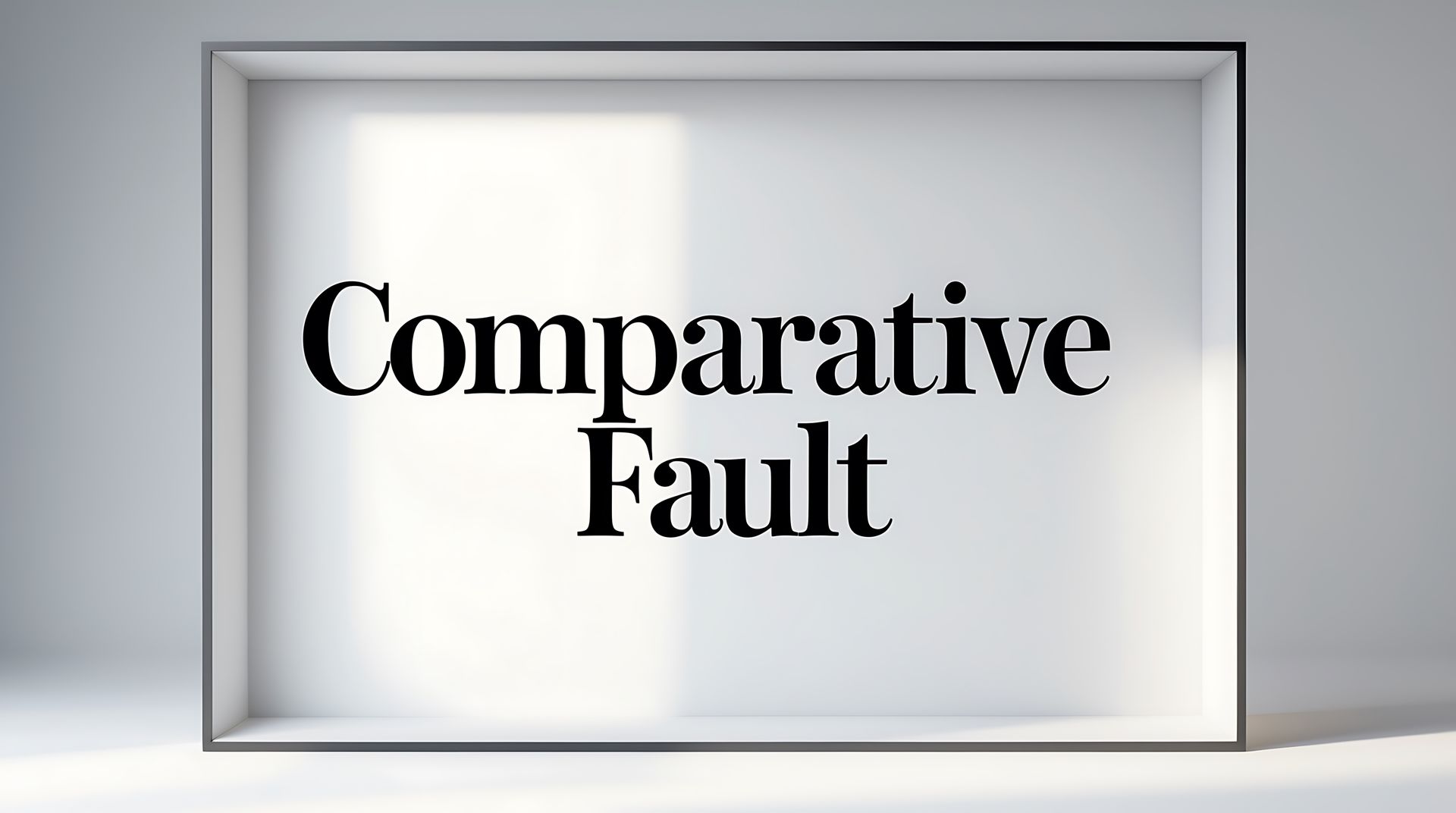Can I Lose My House Due to an At-Fault Car Accident?

Being involved in a car accident can be a stressful experience, particularly if you were at fault. Besides the immediate concerns like vehicle damage and potential injuries, a significant worry might arise: Can you lose your house due to an at-fault car accident? This concern is not uncommon, especially when substantial damages or injuries result from the accident.
Understanding Liability in At-Fault Accidents
When you’re at fault in a car accident, you are legally responsible for the damages caused. This liability can extend beyond your insurance coverage, depending on the severity of the incident. If the damages exceed your policy limits, the injured party might pursue additional compensation through a lawsuit. In such cases, your personal assets, including your home, could be at risk.
Insurance and Asset Protection
Most standard auto insurance policies provide liability coverage, which is designed to cover damages to others when you are at fault in an accident. However, this coverage has limits. For instance, if your policy covers up to $100,000 in damages, but the injured party’s medical bills and other losses total $300,000, you could be personally liable for the remaining $200,000. In this scenario, the injured party might seek to satisfy this amount by targeting your personal assets, including your home.
One way to protect your home and other assets is by carrying sufficient insurance coverage. Consider increasing your liability limits or purchasing an umbrella insurance policy, which provides additional protection beyond the standard policy limits. It is also advisable to consult with a car accident attorney in New Orleans to review your current coverage and assess potential risks.
Legal Process and Potential Risks
If you are sued after an at-fault car accident and lose the case, the court may issue a judgment against you. This judgment can result in a lien being placed on your home, meaning the injured party has a legal claim to a portion of your property’s value. In extreme cases, you might be forced to sell your home to pay off the judgment. However, this outcome is relatively rare, especially if you have adequate insurance coverage.
It’s important to note that each state has different laws regarding what assets can be targeted in a lawsuit. Some states have homestead exemptions, which protect a portion of your home’s value from creditors. In Louisiana, for example, the homestead exemption can protect up to $35,000 of your home’s equity, providing some level of security.
Steps to Take After an At-Fault Accident
If you are involved in an at-fault car accident, taking immediate action can help mitigate the potential risks to your personal assets:
- Notify Your Insurance Company: Report the accident promptly to your insurance provider. Failure to do so could result in your claim being denied, leaving you personally responsible for all damages.
- Consult with an Attorney: Engaging with a car accident attorney in New Orleans is crucial. They can guide you through the legal process, advise you on asset protection strategies, and represent your interests in any potential litigation.
- Review Your Insurance Policy: Ensure that your insurance coverage is sufficient to protect you in case of a significant claim. Consider purchasing additional liability coverage or an umbrella policy for extra protection.
- Document the Accident: Collect and preserve all evidence related to the accident, including photos, witness statements, and police reports. This documentation can be vital if the case goes to court.
Conclusion
While losing your house due to an at-fault car accident is possible, it is generally unlikely, especially if you take proactive steps to protect your assets. Ensuring adequate insurance coverage and seeking legal advice promptly can help safeguard your home and other assets. If you are unsure about your current level of protection, consult with Lawyer Don, your trusted car accident attorney in New Orleans, he can provide you with the peace of mind that you have the necessary safeguards in place.







